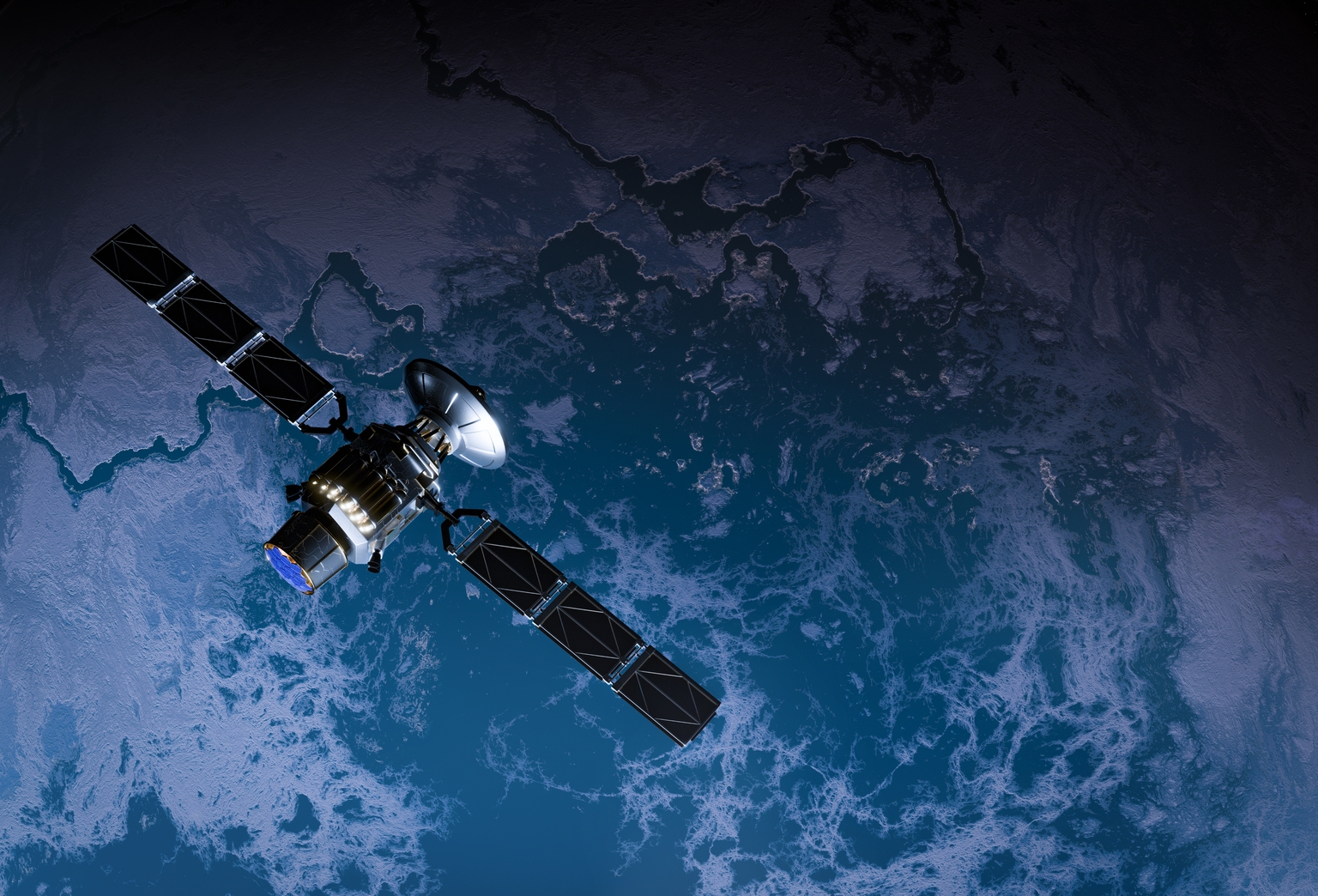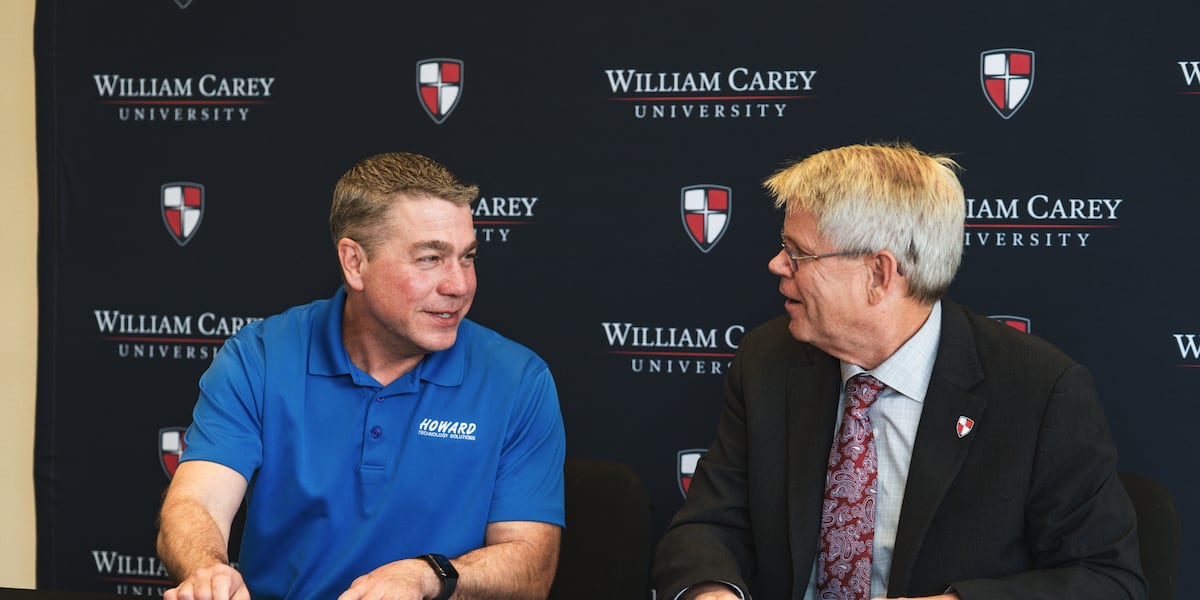AI's Quest for Superhuman Intelligence: Meta's Bold Gamble & the Urgent Climate Challenge

The race to build artificial intelligence exceeding human capabilities is accelerating, with Meta spearheading a significant push. Last week, Mark Zuckerberg boldly declared Meta's ambition to achieve 'smarter-than-human' AI, signaling a monumental shift in the tech landscape. But this pursuit isn't happening in a vacuum. Simultaneously, a growing awareness of hidden greenhouse gas emissions underscores the urgent need for innovative solutions, potentially leveraging the very AI being developed.
Meta's Superintelligence Labs: A Talent Acquisition Blitz
Zuckerberg's strategy appears to revolve around attracting the brightest minds in the field. Reports suggest Meta is offering nine-figure compensation packages to top researchers, aiming to populate its Superintelligence Labs with leading experts. This aggressive recruitment strategy highlights the perceived importance and potential rewards of achieving this ambitious goal. The acquisition of talent is viewed as a critical ingredient in Meta's recipe for creating AI that surpasses human intellect. This isn’t just about building a better algorithm; it's about fundamentally reshaping the future of intelligence itself.
The AI Self-Improvement Loop: A Feedback Mechanism for Exponential Growth
Beyond simply hiring talent, Meta’s approach also focuses on creating AI systems capable of improving themselves. This self-improvement loop is a crucial element in reaching superhuman intelligence. The concept involves AI algorithms analyzing their own performance, identifying weaknesses, and iteratively refining their code and processes. This creates a positive feedback loop, where each improvement leads to further advancements, potentially resulting in exponential growth in capabilities. Think of it as AI teaching itself, at an accelerating rate. The implications are profound, raising both excitement and concerns about the future of AI control and alignment.
Hidden Greenhouse Gases: A Climate Blind Spot and a Potential AI Solution
While the pursuit of advanced AI dominates headlines, a less-discussed but equally critical issue is the prevalence of hidden greenhouse gases. Recent studies have revealed significant emissions from unexpected sources, often overlooked in traditional climate models. These include emissions from agricultural practices, industrial processes, and even naturally occurring sources that are amplified by human activity. The difficulty lies in accurately identifying and quantifying these emissions, hindering efforts to mitigate their impact.
Can AI Help Solve the Climate Crisis?
Interestingly, the very AI being developed by Meta and others could potentially offer solutions to this climate challenge. AI algorithms can be trained to analyze vast datasets of environmental data, identify patterns, and predict emission sources with far greater accuracy than traditional methods. Machine learning models can optimize industrial processes to reduce waste and emissions, and even develop new materials and technologies with a lower carbon footprint. The synergy between AI’s intelligence and the need for climate solutions presents a compelling opportunity for a more sustainable future.
The Future: A Convergence of Intelligence and Sustainability
Meta's ambition to create superhuman AI, coupled with the urgent need to address climate change, represents a pivotal moment in human history. While the ethical considerations surrounding advanced AI are paramount, the potential benefits – including the ability to tackle complex global challenges like climate change – are undeniable. The convergence of artificial intelligence and sustainability could pave the way for a future where technology not only enhances human capabilities but also safeguards the planet for generations to come. The journey will be complex, requiring careful planning, responsible development, and a commitment to ensuring that AI serves humanity’s best interests.






